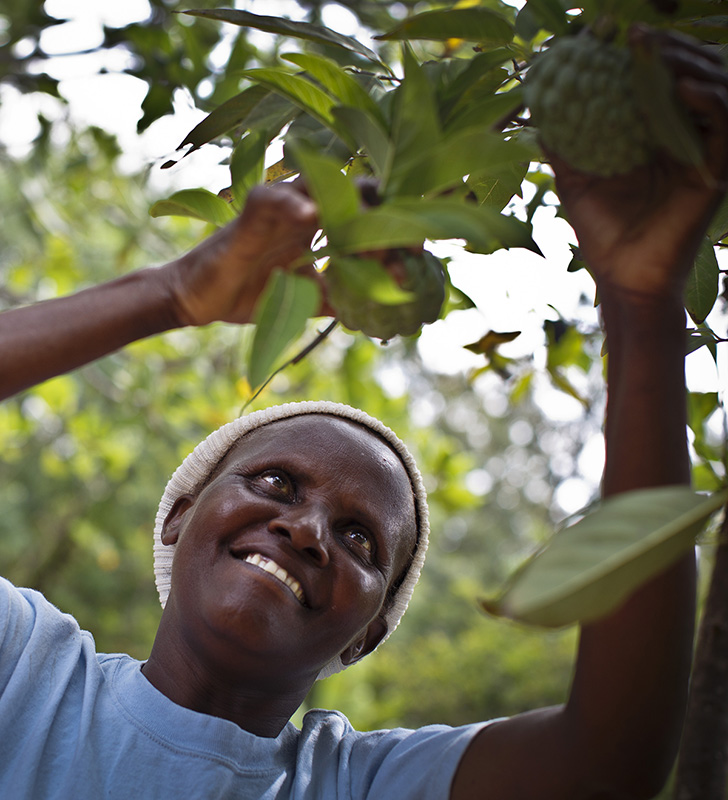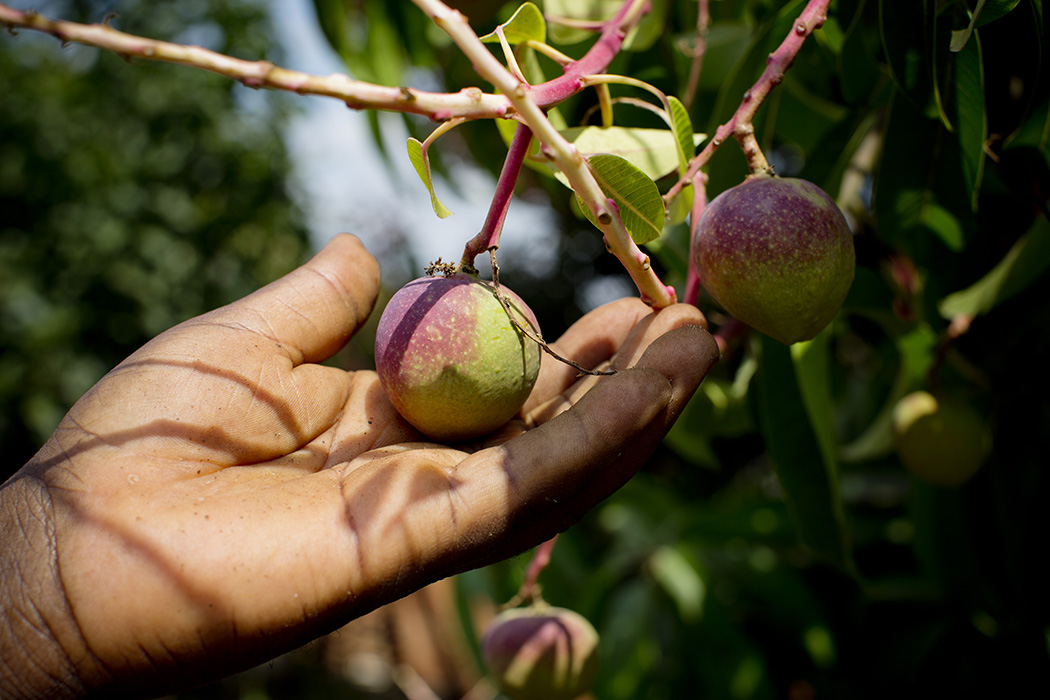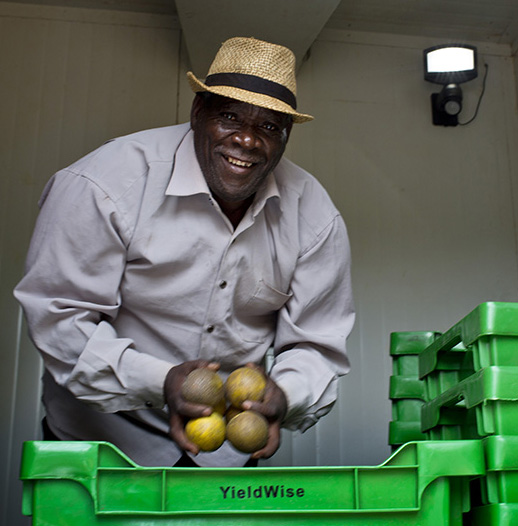The lack of readily available, reasonably priced quality seed has been identified as the primary cause of poor agricultural productivity among smallholder farmers in Africa. The shortage of early generation breeder and foundation seed (EGS) is a major bottleneck to the production of certified and quality declared seed for staple food crops.
With a view to transforming the Nigerian seed system into a profitable sub-sector that generates jobs and contributes to growing the county’s economy, the National Agricultural Seeds Council is advocating for market-driven interventions with the capacity to produce and distribute high quality improved planting materials to smallholder farmers. The potential for transforming the sector into a key revenue generation stream for Nigeria is huge due to the size of the seed market and the presence of 314 seed companies.
These efforts complement broader initiatives for sustaining Nigeria’s seed system led by AGRA, USAID, the Rockefeller Foundation and the Bill & Melinda Gates Foundation under the Partnership for Inclusive Agricultural Transformation in Africa (PIATA), that is turning the tide against inefficiencies in the supply of EGS and tackling bottlenecks in the functions of national variety release systems.
At a workshop convened by the PIATA partners, seed industry stakeholders including seed company representatives in Abuja, in December 2018, participants agreed on the establishment of a trusted commercial entity specialized in the production of quality EGS that could accelerate the growth of the commercial seed sector in Nigeria by mapping out long-term economically sustainable solutions.
The convening of 40 participants provided opportunities to examine whether or not similar models in East Africa and the United States of America would work in Nigeria. Other options available to the seed industry were also discussed.
The proposed model is an entity where the Seed Entrepreneurs Association of Nigeria (SEEDAN) takes the lead with its members comprising seed companies being the primary owners that would purchase Foundation Seed after the signing of mutual agreements for production. The stakeholders within the partnership and PIATA are involved in the design and implementation of a two-stage project start-up strategy involving an exploratory phase and technical backstopping.
Ultimately, the seed value chain calls for leveraging public and private sector investments to build sustainable systems capable of transitioning smallholder farmers to sustainable livelihoods and profitability.





